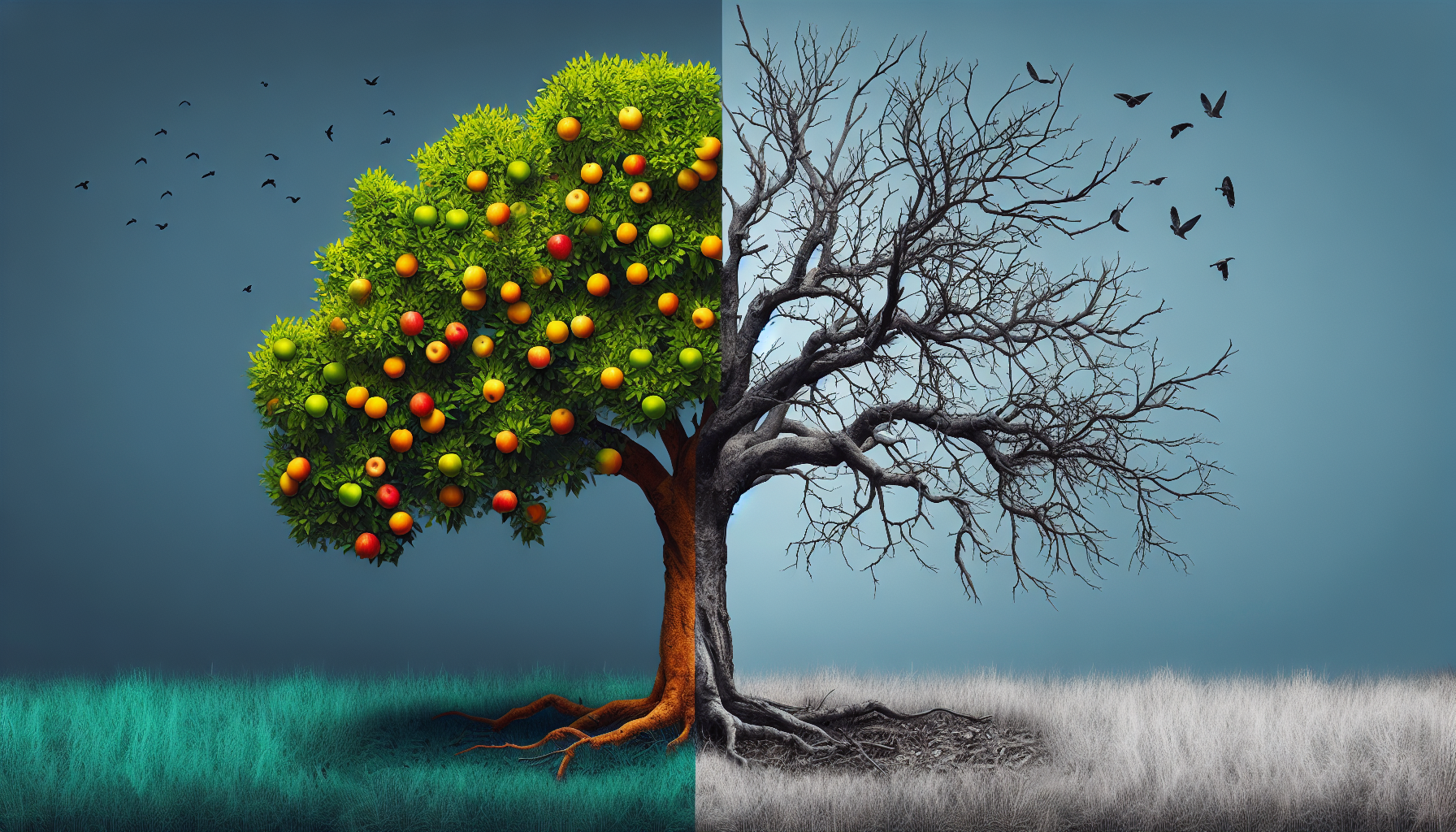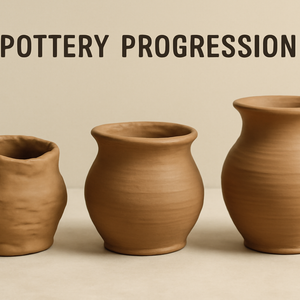The Impact of Technology on Live Football Games

One of the most exciting innovations in live football broadcasting is the use of augmented reality. AR technology allows broadcasters to overlay digital graphics and statistics onto the live action, providing viewers with a wealth of information in real time. For instance, during matches, fans can see player statistics, tactical formations, and even predictive analytics that forecast the next play. This additional layer of information helps to engage fans more deeply, turning the viewing experience into an interactive event. Companies like Intel have pioneered this technology, creating stunning visualizations that enhance the overall spectacle of the game.
Example
During the UEFA Champions League, broadcasters have utilized AR to display player movements, heat maps, and even 3D replays that allow fans to visualize complex plays from multiple angles. This not only captivates the audience but also educates them about the strategies employed by teams.
Virtual Reality (VR) Experiences
Virtual reality is another groundbreaking technology that is changing how fans experience live football. VR headsets allow users to immerse themselves in a virtual stadium, where they can watch games from different angles and perspectives as if they were actually there. Some clubs have begun offering VR experiences that simulate being on the pitch, giving fans a unique opportunity to feel the adrenaline of the game. This technology caters not only to dedicated fans who cannot attend matches in person but also attracts a younger audience eager for innovative experiences.
Example
Clubs like FC Barcelona have developed VR experiences that allow fans to explore iconic stadiums and relive historic matches. By providing a 360-degree perspective, fans can feel the excitement of being part of a live match, even from the comfort of their own homes.
Advanced Analytics and Real-Time Data
The use of advanced analytics in football is not just limited to team strategies; it has extended to the viewing audience as well. Broadcasters now provide real-time data such as player speeds, distance covered, and heat maps that illustrate player movements on the pitch. This wealth of information allows fans to gain a deeper understanding of the game. For instance, during important matches, analysts can break down plays, giving viewers insights into why certain strategies were effective or how a specific player impacted the game. This analytical approach enriches the viewing experience, fostering a more profound appreciation for the sport's intricacies.
Example
During the 2022 FIFA World Cup, broadcasters showcased advanced player tracking technology that illustrated how players moved in relation to one another. Fans could see which players were making runs behind the defense or how formations shifted, providing context to the on-field action.
Social Media Integration
The integration of social media has also played a vital role in enhancing live football experiences. Fans can engage with their favorite clubs and players through platforms like Twitter, Instagram, and TikTok, sharing their thoughts and reactions during matches in real time. Clubs leverage social media to create interactive content, polls, and live updates, allowing fans to feel a sense of community even when they are physically apart. This connectivity enhances the overall experience, making fans feel more involved and invested in their teams.
Example
During major tournaments, hashtags trending on Twitter often reflect real-time sentiments of fans, creating a shared experience where fans can express their excitement, frustration, or joy. Clubs also use social media to conduct live Q&A sessions with players, creating direct interactions that enhance fan loyalty.
Fan Engagement through Mobile Apps
Mobile apps have become an essential tool for fans attending matches. Many clubs now offer dedicated apps that provide everything from ticket purchasing to in-stadium experiences. These apps often include interactive features like live commentary, player tracking, and even in-stadium AR experiences that guide fans to their seats or point out key locations like concession stands. Such innovations ensure that fans have a seamless experience, maximizing enjoyment on game day.
Example
Clubs like Manchester City have developed apps that allow fans to track player statistics in real-time during matches, order food and drinks for delivery to their seats, and even engage in AR experiences that enhance their understanding of the game.
The impact of technology on live football games cannot be overstated. Innovations such as AR, VR, advanced analytics, social media integration, and mobile apps have transformed how fans engage with the sport, creating an enriched viewing experience that goes far beyond mere observation. As technology continues to evolve, so too will the ways in which fans interact with football, promising an exciting future filled with immersive and interactive possibilities. The beautiful game is entering a new era, one where technology and passion come together to elevate the experience for fans around the world. The integration of these technological advancements not only enhances live football games but also fosters a deeper connection between fans and the sport, ensuring its relevance and popularity for generations to come.
Augmented Reality Developer
Intel, ESPN, sports broadcasting networks
Core Responsibilities
Design and develop AR applications that enhance live sports broadcasting by overlaying graphics and statistics in real-time.
Collaborate with broadcasters and sports teams to create engaging AR experiences for viewers during matches.
Required Skills
Proficiency in AR development platforms (e.g., ARKit, ARCore).
Strong knowledge of programming languages such as C# or C++.
Experience in 3D modeling and animation software (e.g., Unity, Blender).
Virtual Reality Experience Designer
FC Barcelona, VR companies, gaming studios
Core Responsibilities
Create immersive VR experiences that allow fans to virtually attend live football games and interact with game environments.
Develop storyboards and scripts for VR content that capture historical moments or player perspectives.
Required Skills
Expertise in VR development tools (e.g., Oculus SDK, Unreal Engine).
Strong understanding of user experience (UX) design principles for immersive environments.
Ability to work with 3D modeling software and sound design tools.
Sports Data Analyst
sports analytics firms, broadcasting companies, football clubs
Core Responsibilities
Analyze player performance data and advanced statistics to provide insights that improve team strategies and enhance viewer engagement.
Create visual data presentations for broadcasters that highlight key player performances and game dynamics during live broadcasts.
Required Skills
Proficiency in data analysis tools (e.g., SQL, Python, R).
Strong analytical and problem-solving skills with a deep understanding of football statistics.
Experience with data visualization software (e.g., Tableau, Power BI).
Social Media Engagement Strategist
football clubs, sports marketing agencies, media companies
Core Responsibilities
Develop and manage social media campaigns that enhance fan engagement during live football matches, including real-time updates and interactive content.
Monitor social media trends and fan sentiments to drive content strategy and community interaction.
Required Skills
Strong understanding of social media platforms and analytics tools (e.g., Hootsuite, Sprout Social).
Excellent communication and writing skills to craft engaging content.
Experience in community management and brand strategy.
Mobile App Developer for Sports
Manchester City, mobile app development firms, technology companies specializing in sports
Core Responsibilities
Design and implement mobile applications that improve the in-stadium experience for fans, including features like real-time player tracking and AR navigation.
Collaborate with UX designers to create intuitive and engaging user interfaces.
Required Skills
Proficiency in mobile development frameworks (e.g., React Native, Swift for iOS, Kotlin for Android).
Experience with API integrations for real-time data feeds and analytics.
Strong understanding of mobile user experience design principles.


